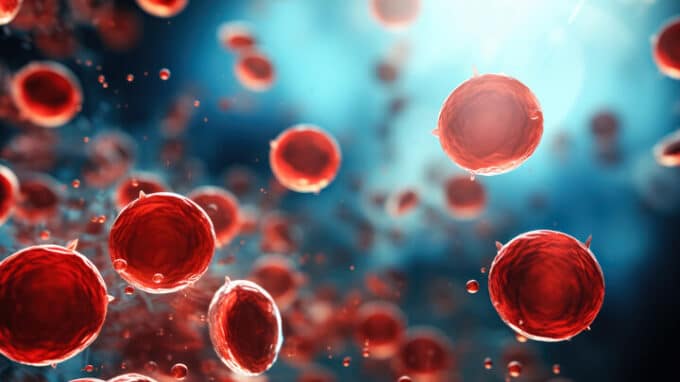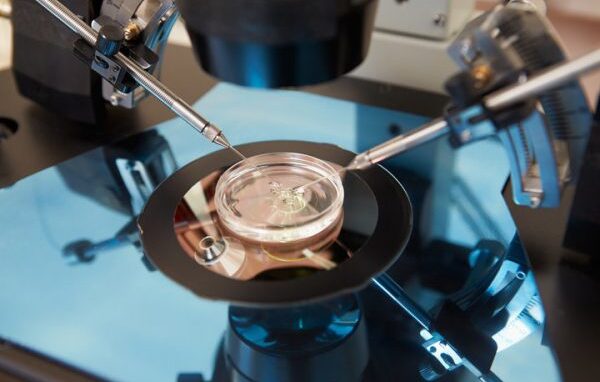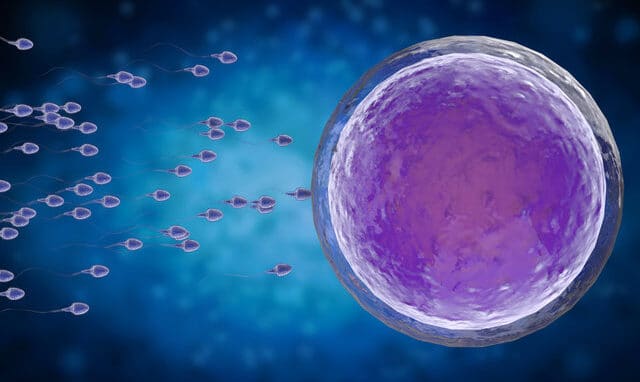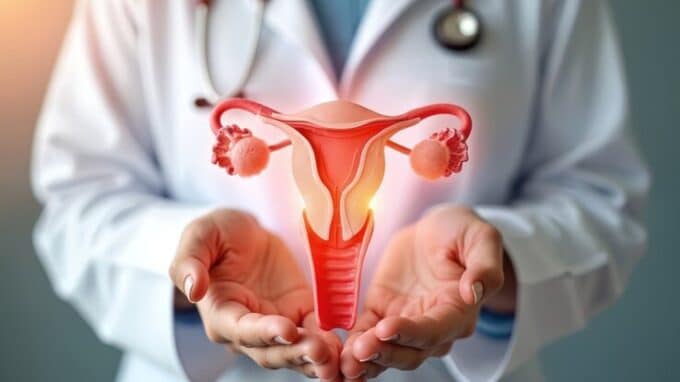Nutrition plays a crucial role in fertility for both women and men. A balanced, nutrient-rich diet can not only improve hormone balance, but also promote egg quality, sperm health, and overall reprodu...
Nutrition and Fertility: These Foods Can Improve Your Chances of Getting Pregnant








